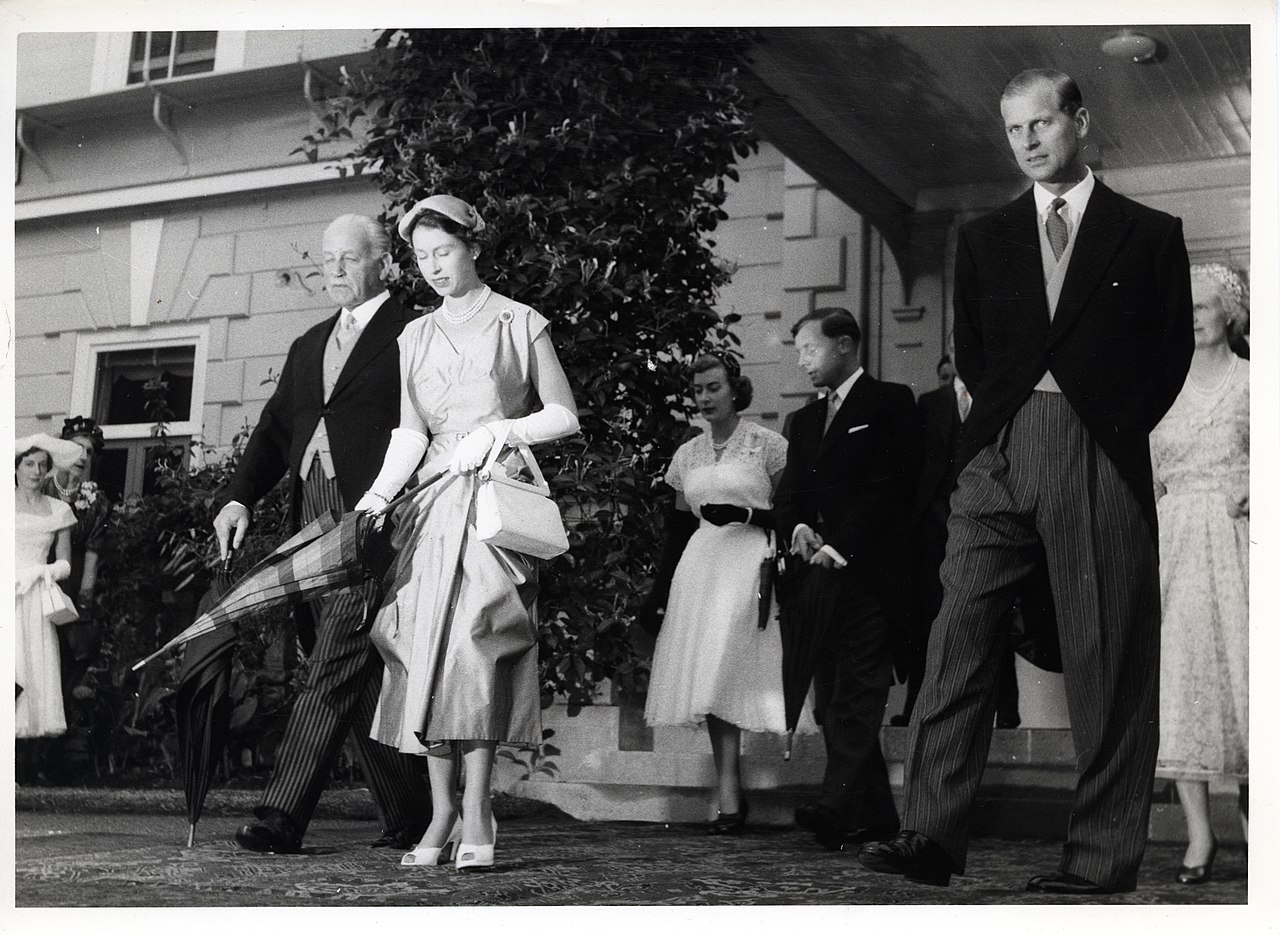In Art Spiegelman’s magnificent graphic novel, Maus, young Artie is crying bitterly over a spat with his friends. His father responds, “Friends? If you lock them together in a room with no food for a week – then you could see what it is, ‘friends’!”
To those who’ve never experienced real hardship, even the smallest slights seem like intolerable cruelty. Those who’ve really suffered know better.
There was a dark, sad irony to the Harry and Meghan circus that cast a shadow over the final months of Prince Philip’s life […]
Because when it comes to being an outsider in the royal family, Philip knew so much more than Meghan ever could. Indeed, when it comes to personal suffering and even racial insults, Philip’s life was on a different plane to Meghan’s and Harry’s. This alleged figurehead of the old elite went through things that would make Oprah say more than: “What … WHAT?”
Philip may have been bluer-blooded than the Queen herself (he was was Prince of Greece and Denmark, blood-linked to Queen Victoria and a roster of tsars, kings and dukes), but he was very much the outsider in the Royal Family. His family were driven out of revolutionary Greece in a rowboat in the dead of night (with little Philip in an orange-crate). Politics estranged Philip from his sisters and mental illness took his mother.
His family was exiled from Greece. His mother suffered a severe mental breakdown and was committed to an asylum. His beloved sister Cecile died in a plane crash in 1937. Philip is said to have never recovered from that shock. For a long time Philip was a man who felt lost. Even following his wedding to Princess Elizabeth he was known to put “no fixed abode” as his address. That’s enough to sadden even a republican like me.
So, when a Z-grade Hollywood “celebrity” weeps and moans about the tribulations of being a literal princess, forgive me if I reach for the barf bag.
Meghan complains that her wedding to Harry became a political affair over which she had little control. Well, Philip’s own flesh and blood were forbidden from attending his wedding to Princess Elizabeth in 1947. His three sisters were banned from the ceremony because they had been on the side of Germany in the war. They were considered part of the enemy.
When the establishment, from Winston Churchill downwards, forbade the royals from taking Philip’s surname, Mountbatten, Philip cried: “I am the only man in the country not allowed to give his name to his own children.” (The double-barrelled name Mountbatten-Windsor eventually was adopted quietly, but it wasn’t used publicly until the birth of Prince Edward’s daughter Louise Mountbatten-Windsor in 2003.)
“B-b-but, racism!” babbles Meghan (without any evidence of course).
Philip […] was subjected to genuinely prejudicial slurs when he took up with British royalty. As Private Eye magazine reported last month, Philip was referred to as “The Hun” and even as “Charlie Kraut” by senior royals and courtiers — a reference to his family’s German connections.
Others called him “Phil the Greek”. Even the adored Diana is said to have privately referred to him as “Stavros”, a slur used against people of Greek origin.
But, as was the way of a generation who knew the worst hardships imaginable, Philip refused to go wailing to the press for sympathy.
Here’s what was different about Philip and the generation he belonged to. He didn’t wallow in his pain. He didn’t make a public spectacle of his suffering.
Rather, he got on with life. He marshalled his inner moral resources to overcome his early difficulties and the emasculation he felt in the British royal family and did what he felt he needed to do: pursue a life of service to an ideal larger than himself — the crown.
In contrast with today’s fashion for seeing every slight and burden as an intolerable assault on one’s wellbeing that must be gabbed about endlessly in therapy or on Oprah, Philip said in response to an interviewer who asked him about his hard early life that it was just life. The question is how we deal with it.
As Philip also said: In the long reeds of difficulty and pain, that’s where you find the treasure.
So, resquiat in pace, Prince Philip. With his passing, the old era seems to be passing more and more, too. And even the republicans among us soon may miss some of the values of that disappearing era: stoicism, strength, and the belief that it is better to give oneself over to a cause rather than to ponder like Narcissus upon one’s own reflection and emotions.
The Australian
Please share this article so that others can discover The BFD

